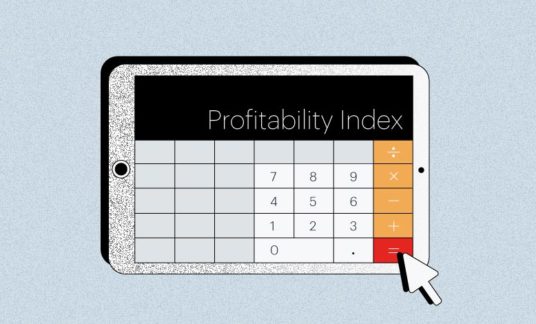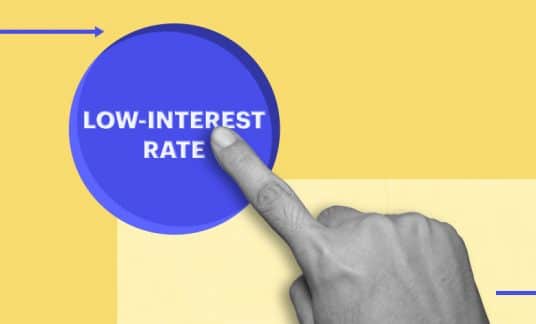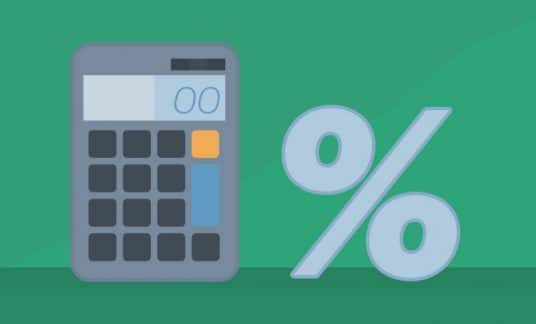Separating business and personal expenses is required if you are a corporation or limited liability company (LLC). If you are a sole proprietor, you are considered an unincorporated legal entity and you do not need to separate business and personal expenses.
However, there are plenty of reasons you want to do so. We’ll explain the advantages of keeping them separate, how to separate business and personal money and the difference between personal and business financial planning.
Why Is It Important to Separate Business and Personal Finances?
It’s important to separate your business and personal finances for several reasons, including:
- Simplify bookkeeping
- Establish a legal separation between business and personal funds
- Protect your personal assets
- Protect your personal credit score
- Helpful when applying for a loan or seeking investors
1. Simplify Bookkeeping
Separating personal and business expenses will make bookkeeping much easier, especially when it comes to tax time. When writing off any business expenses, you need to apply them against revenue. If personal and business expenses are mixed, it increases the complexity and may lead to errors or worse — such as an audit.
If you use an accountant to prepare your taxes, it may also cost you more because it will take longer to sort through your records to identify legitimate business expenses from the past year.
2. Establish a Legal Separation
If you commingle your business and personal funds, it’s going to be difficult for someone else to decipher which expenses belong to the business and which are personal funds. It can increase the burden of proof if you were ever to be audited for taxes or facing a lawsuit.
Partnerships, LLCs, S corp and Corp entities get specific legal protections to separate business and personal funds. For other businesses, mixing expenses may eliminate any legal distinction between you and your business.
3. Protect Your Personal Assets
When your expenses are mixed together, your personal assets can be at risk in case of a lawsuit or judgment. With no separation between the two, a successful suit may take your business and your personal assets.
In case your business ends up filing for bankruptcy, you may also lose your personal funds.
4. Protect Your Personal Credit Score
You may not know that there are separate credit scores for businesses and individuals. While one can certainly impact the other, keeping your funds separate can help protect your personal credit score, especially if a problem arises with your business.
5. Applying for a Business Loan or Seeking Investors
Mixing your business and personal expenses or income may also impact your future ability to get personal financing, such as a loan, mortgage or credit card.
Filing your taxes without separating business and personal income can cause challenges for lenders or investors to figure out business cash flow, revenue, expenses and the other things they need to evaluate the health of your business.
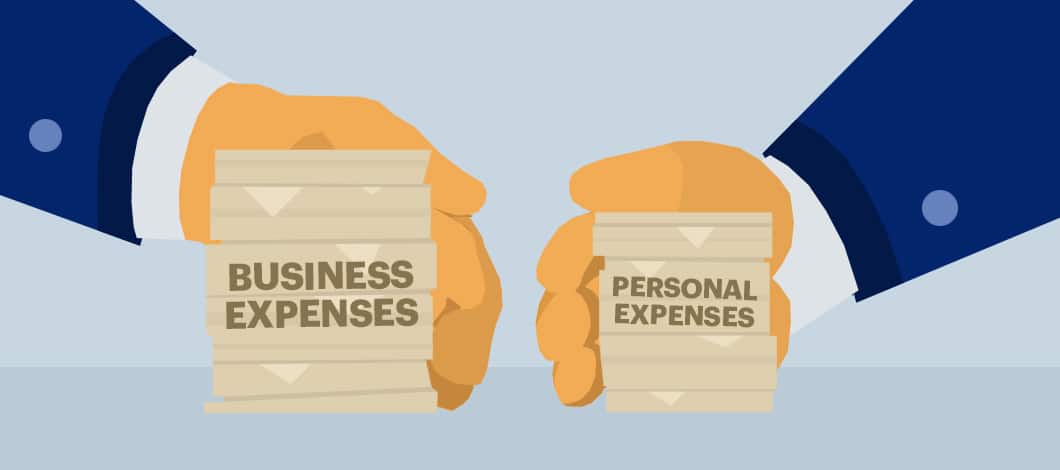
How to Separate Business and Personal Money
The answer to the question of when to separate business and personal finances is now. There’s no downside.
If you’re starting a business, figuring out how to keep business and personal expenses separate is fairly easy. Keep them separate from the beginning. If you are switching from combining expenses to separating them, the easiest way to do so is at the start of a year or fiscal year.
You should separate both expenses and income for both business and personal accounts. Let’s walk through your business processes to ensure your business and personal finances are separate.
Creating Your Business Structure and Accounts
First, you’re going to need to make sure you’ve set up your business properly in the first place.
Apply for Employer Identification Number
You should apply for an employer identification number (EIN) from the Internal Revenue Service (IRS). You can obtain an EIN whether you have employees or not. When filing your tax return or payroll taxes, this gives you a federal tax ID number for your business that’s separate from your personal identification. It’s like the business equivalent of a social security number.
You don’t need an EIN if you are a sole proprietor or have employees, although you can still apply and get one. However, without an EIN, you will need to claim both business and personal expenses and income together on your federal tax return.
It’s free to apply for an EIN at the IRS website and you can usually get your tax ID number within a few hours. You will also need the EIN to open up a business bank account.
Choose Your Business Type
With your EIN in hand, you can establish you can incorporate your business or create an LLC. This allows you to then file your business tax returns separate from your personal tax returns.
Open a Business Bank Account
A business bank account and a business credit card are the easiest ways to ensure you keep both income and expenses separate. By opening a business checking account, you can pay for expenses, collect payments, make deposits and make purchases without having to use cash or a personal bank account.
Many banks will allow you to open a business checking account with no fees if you maintain a minimum monthly balance. You also may be eligible for a business ATM or debit card for use with your business expenses.
You may want to open a business savings account.
Apply for a Business Credit Card
A business credit card also is a good idea for several reasons. First, it lets you charge business expenses rather than drawing cash out of your business checking or savings account, personal accounts or charging them on your personal credit card.
Secondly, it helps build your business credit and business credit score. If you do need a loan or financing for your business, you will want to have established credit and build up your business credit score. The best way to do that is to have existing credit, pay your bills promptly and have low utilization.
A good credit score helps with more than just financing. Get credit from a supplier or expand the credit limit on your business credit card if you need to:
- Negotiate a lease
- Set up utilities or internet service
The better your business credit score is, the more favorable terms you may get.
Keep Receipts Separate
Whether you are using accounting software or file folders, make sure to keep your business receipts separate from personal expenses. Even if you have a business bank account and business credit card, you will still want to keep records of your business expenses and make note of the business purpose for each expense.
Make sure you are only using your business accounts for business purposes and personal accounts for personal expenses.
You’ll thank us at tax time.
Track Business Use of Personal Assets
You may be able to write off some or all of your expenses if you:
- Use your vehicle for meeting with clients
- Have a cellphone strictly for business
- Have a home office
For example, you may be able to deduct a portion of your home as a business expense if it is solely used for business. You may also be able to deduct a portion of your utility bills or home internet if you also use it for business. You can claim a business expense for mileage for your personal car.
Some of the IRS rules can be tricky, so make sure you review them ahead of time to understand the limitations and documentation required, including for:
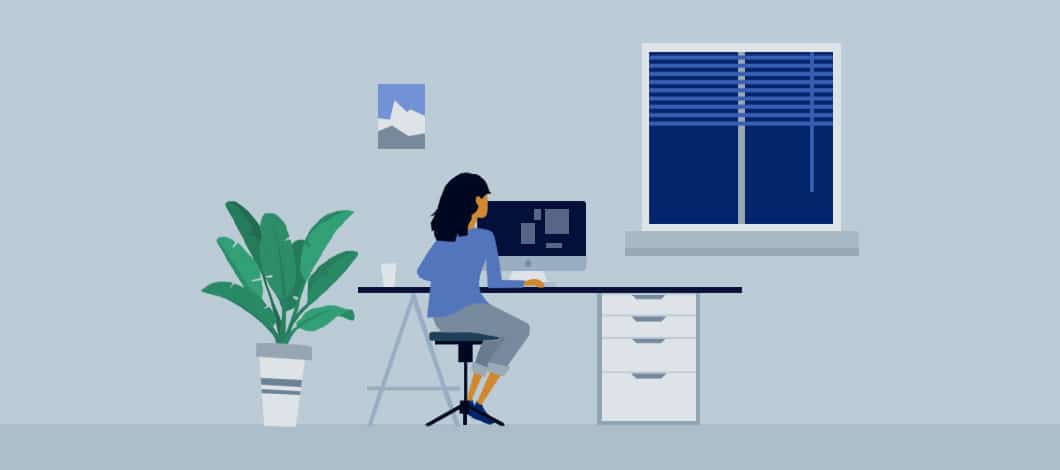
What to Do If You Already Mixed-Up Transactions
It is certainly possible to separate your business and personal accounts at any time. If you’ve been mixing up transactions up to now, you’ll just need to do a little work to go through your expenses and separate them manually. Then, keep track of them separately moving forward.
The Difference Between Personal and Business Financial Planning
There is a significant difference between personal and business financial planning. If you mix your business and personal expenses, it will be hard to get a good handle on what you are spending on and where. As your company grows, you want to have a firm understanding of your business profit and loss (P&L).
Likewise, you want to know that your personal finances will support the type of lifestyle you want.
When you work for someone else, it can provide a more stable income to help you plan expenses and make sure you have enough left over to pay the bills each month. When you own a business, managing cash flow becomes crucial, especially if you are doing spec work or offering products or services on credit.
Just Keep Them Separate
The bottom line is this. There’s no downside to keeping your personal and business expenses separate. There may be considerable downsides to keeping them mixed. Separating the two provides additional benefits to your business and may help protect your personal assets in case of claims, lawsuits or bankruptcy.
If you’re already in business, it may take some time to sort things out to get started. But once you do, it’s easy to keep personal and business expenses separate going forward.



